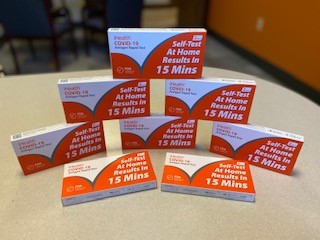According to the Centers for Disease Control and Prevention (CDC), more than 37 million Americans are living with diabetes. With diabetes, your body stops making — or becomes resistant to — insulin, the hormone the body needs to effectively use glucose. In people with diabetes, glucose builds up in the blood. Over time, this can lead to a variety of medical problems, including cardiovascular disease, neuropathy, and blindness.
Because diabetes is so common, doctors regularly screen patients for Type 1, Type 2, or gestational diabetes. This screening typically happens during your annual physical. But your doctor may also order testing if you complain of fatigue, extreme thirst, or abrupt weight changes. Obstetricians also screen pregnant women for gestational diabetes during their second trimester.
Prediabetes puts you on the road to possibly getting type 2 diabetes. Find out now, in less than 1 minute, if you may have prediabetes by taking the Prediabetes Risk Test. If your result shows you’re at high risk for type 2 diabetes, talk to your doctor about getting a simple blood sugar test to confirm it.
Tips for minimizing type 2 diabetes risk
- Get at least 150 minutes of physical activity a week.
- Keep your weight in a healthy range.
- Eat healthy foods, including lots of fruits and veggies.
- Drink more water and fewer sugary drinks.
- Don’t smoke.

